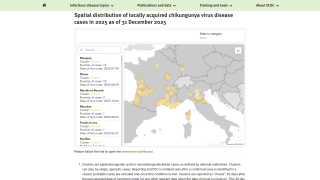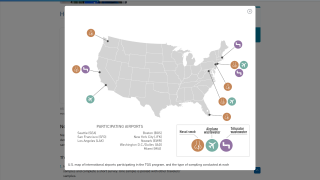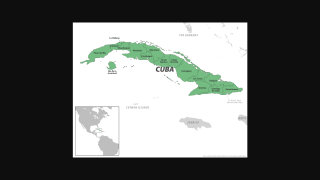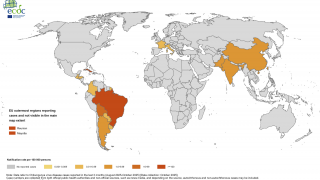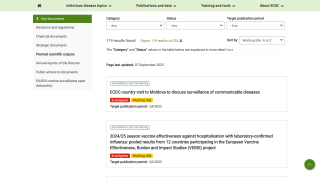4.7% of Europeans Bring Home Diseases Such as Chikungunya

As summer vacations begin, international travel is expected to reach new heights in 2025. Research reveals that about 1.4 billion passengers are expected to fly this year.
Unfortunately, mosquito-transmitted infections pose a significant health concern, not only in disease-endemic countries but also, increasingly, in Europe.
A recent systematic review and meta-analysis of 23 years of Aedes-borne arboviral infections, including both imported and autochthonous (local) cases, reported that approximately 4.7% of European travelers were diagnosed with a disease upon returning from travel abroad.
Published by the journal Travel Medicine and Infectious Diseases in April 2025, this analysis found that 55,924 cases of Aedes-borne arboviral infection, such as chikungunya, dengue, and yellow fever, were reported in Europe.
There were 3,242 cases of autochthonous transmission documented in Europe during the study period. Most of these cases were linked to disease outbreaks in southern European countries.
Furthermore, mutations in Aedes-borne viruses, such as chikungunya, have been identified, increasing their transmissibility by mosquitoes.
This finding is essential as chikungunya virus infection is often associated with debilitating joint pain and arthralgia, usually leading to long-term sequelae in affected individuals. One hundred and eighty chikungunya cases of lasting sequelae were reported in this review.
Recently, France and its India Ocean Departments have reported a significant uptick in chikungunya cases.
Additionally, the reported cases of yellow fever were linked to travel from endemic regions, notably Brazil.
A reevaluation of yellow fever risk areas led to the "redrawing of the map" of regions with a risk of yellow fever transmission.
These researchers wrote that, without such surveillance, outbreaks or new areas of transmission could go unnoticed, leading to fewer international travelers being vaccinated before departing abroad.
These researchers concluded, "The emergence of autochthonous cases, the significance of imported cases from travelers, and the impact of forecasted climate change underscore the need for proactive rather than reactive surveillance, targeted interventions, and collaborative efforts to prevent and control Aedes-borne infections in Europe."
Recent research suggests that tens of millions of people are not adequately vaccinated before traveling to disease-endemic countries.
The U.S. Travel Association recently reported that last-minute travelers deferred approximately 18% of their protective vaccines due to insufficient time before departure.
With over 15 million people traveling monthly, the U.S. CDC recommends that most travel vaccines be administered at least one month before departure, if not earlier.
The time between the vaccine's administration and the start of travel is significant for seniors. A study by S. Steinlauf et al. identified potential drug interactions with travel-related medicines in 45% of travelers with chronic conditions; 3.5% of these interactions were potentially serious.
In the United States, various travel vaccines are available at clinics and pharmacies as of May 2025.
Our Trust Standards: Medical Advisory Committee



